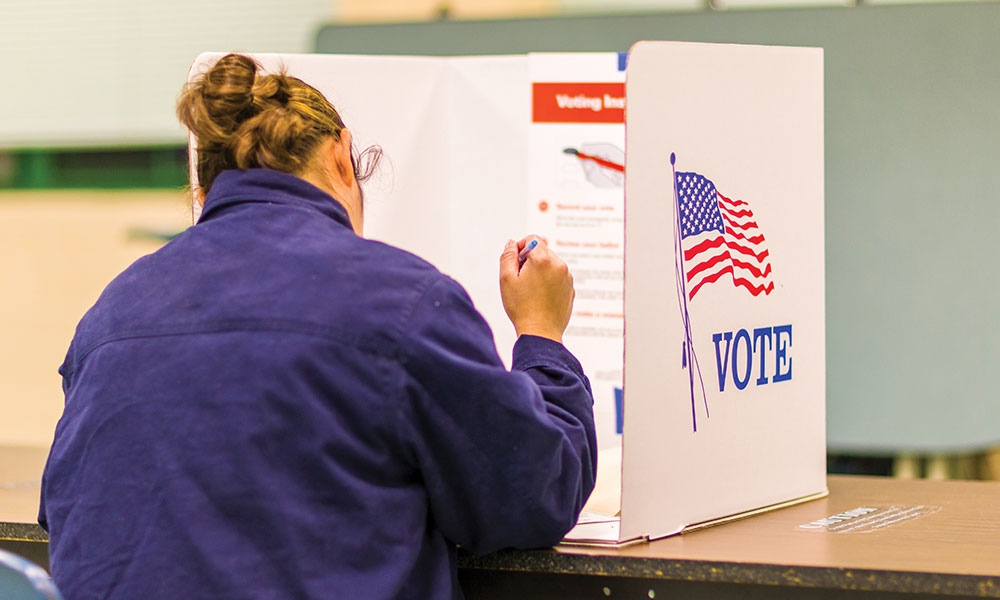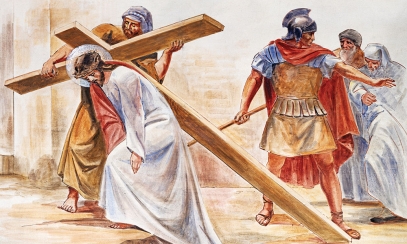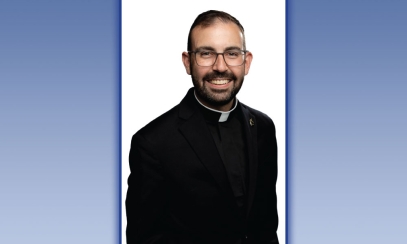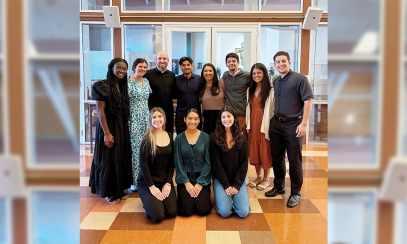
Faithful discipleship includes faithful citizenship
… [We are] not only [created] sacred but also social. How we organize our society – in economics and politics, in law and policy – directly affects human dignity and … grow[th] in community. Marriage and the family are the central social institutions that must be supported and strengthened, not undermined. We believe people have a right and a duty to participate in society, seeking together the common good and well-being of all, especially the poor and vulnerable.
– Seven Themes of Catholic Social Teaching, www.usccb.org
… [We are] not only [created] sacred but also social. How we organize our society – in economics and politics, in law and policy – directly affects human dignity and … grow[th] in community. Marriage and the family are the central social institutions that must be supported and strengthened, not undermined. We believe people have a right and a duty to participate in society, seeking together the common good and well-being of all, especially the poor and vulnerable.
– Seven Themes of Catholic Social Teaching, www.usccb.org
A few years back deacons at our parish were asked to read before Mass a letter from Bishop Joe Vásquez to the faithful about the importance of faithful citizenship and the need to form consciences according to Catholic social teaching (CST).
The bishop encouraged us to include church teaching as part of our preparation for voting in the upcoming election, much like he does in this month’s Bishop’s Interview on the previous pages. Our bishop reminded us that we live our faith not just while at church, but in our families, in school and at work, in our communities and in the public square.
After Mass, as I greeted parishioners, a man confronted me and vehemently declared that the church had no business meddling in political matters, that voting is a private decision, and that the church should keep its nose out of people’s consciences.
I thanked him for sharing his opinion and offered to further explore the issue with him over coffee later if he wanted. But he walked away, waving me off. His conscience apparently had already been formed.
Had we met, I would have shared that God’s church – as receiver, preserver and proclaimer of His Truth – exists to help us hear God’s voice clearly amid the cacophony from popular culture, partisan media and advertisers. These voices at best have mixed motives; God’s motive is singular: our salvation.
I would have also shared that CST offers great guidance for making decisions affecting personal and public outcomes. In fact, one of the seven themes of CST is the promotion of Family, Community and Participation.
Regarding family, the U.S. Bishops write:
“[T]he family is the most basic form of human community. The long-range future of this nation is intimately linked with the well-being of families. Efficiency and competition in the marketplace must be moderated by greater concern for the way work schedules and compensation support or threaten the bonds between spouses and between parents and children." (USCCB, Economic Justice for All, 93)
About Community, Pope Francis writes:
“Local individuals and groups can make a real difference. They are able to instill a greater sense of responsibility, a strong sense of community, a readiness to protect others, a spirit of creativity and a deep love for the land … Social problems must be addressed by community networks and not simply by the sum of individual good deeds.” (Laudato Si’, 179, 219)
And regarding Participation, Pope Francis writes:
“People in every nation enhance the social dimension of their lives by [participating] as committed and responsible citizens … [remember that] ‘responsible citizenship is a virtue, and participation in political life is a moral obligation.’” (Evangelii Gaudium, 220)
I would have shared with this gentleman that even our first pope weighed in on how Christ’s followers are to be faithful citizens:
“Be subject to every human institution for the Lord’s sake, whether it be to the king…or to governors as sent by Him… For it is the will of God that by doing good you may silence the ignorance of foolish people…. Give honor to all, love the community, fear God, honor the king…. [W]hen you suffer for doing what is good, this is a grace before God.” (1Pt 1: 13-20)
Finally, I would have shared this website www.austindiocese.org/faithful-citizenship and prayed that the power of the Holy Spirit would soften his heart to receive the grace, healing, wisdom and hope from reviewing its contents.
With elections months away, may we all review that website, form our consciences, and live as faithful disciples – and faithful citizens.
Deacon Dan Lupo serves at St. Thomas More Parish in Austin. He is a diocesan spiritual director, a healing prayer minister and a retreat leader. Contact him at deacondanlupo@yahoo.com.



